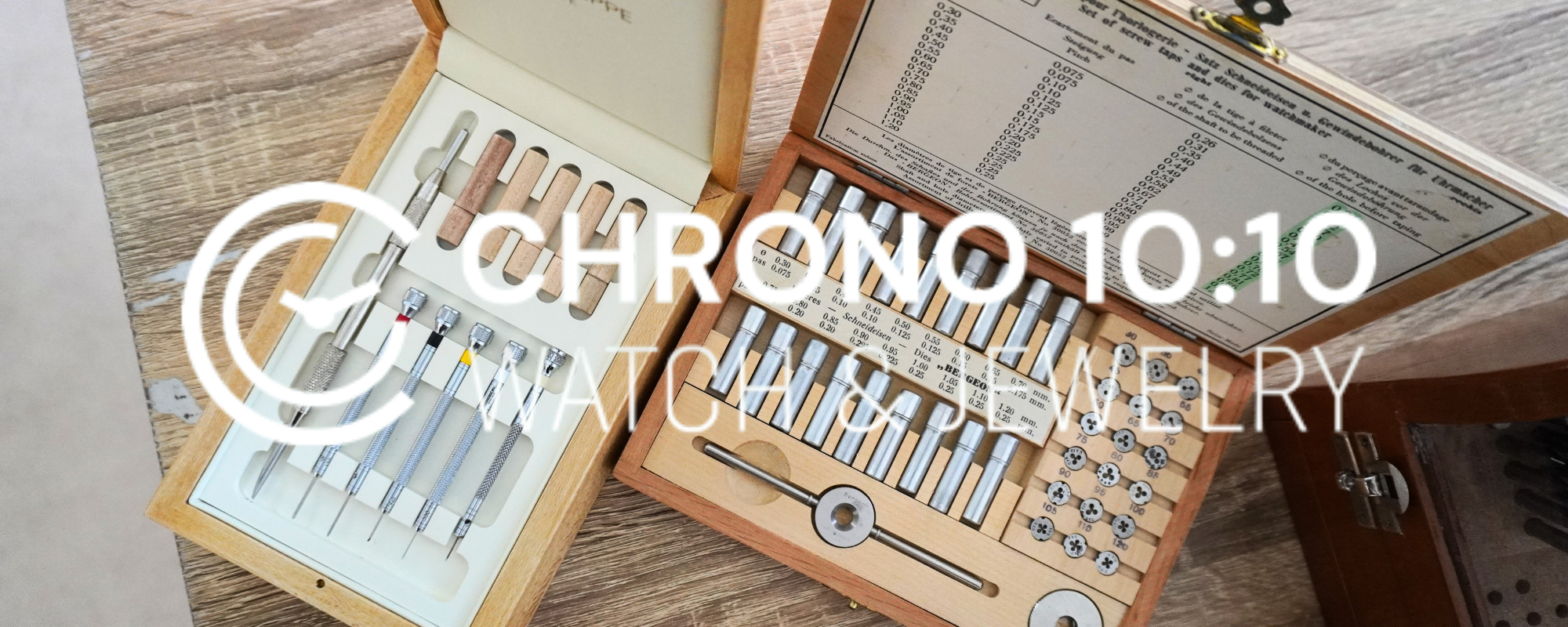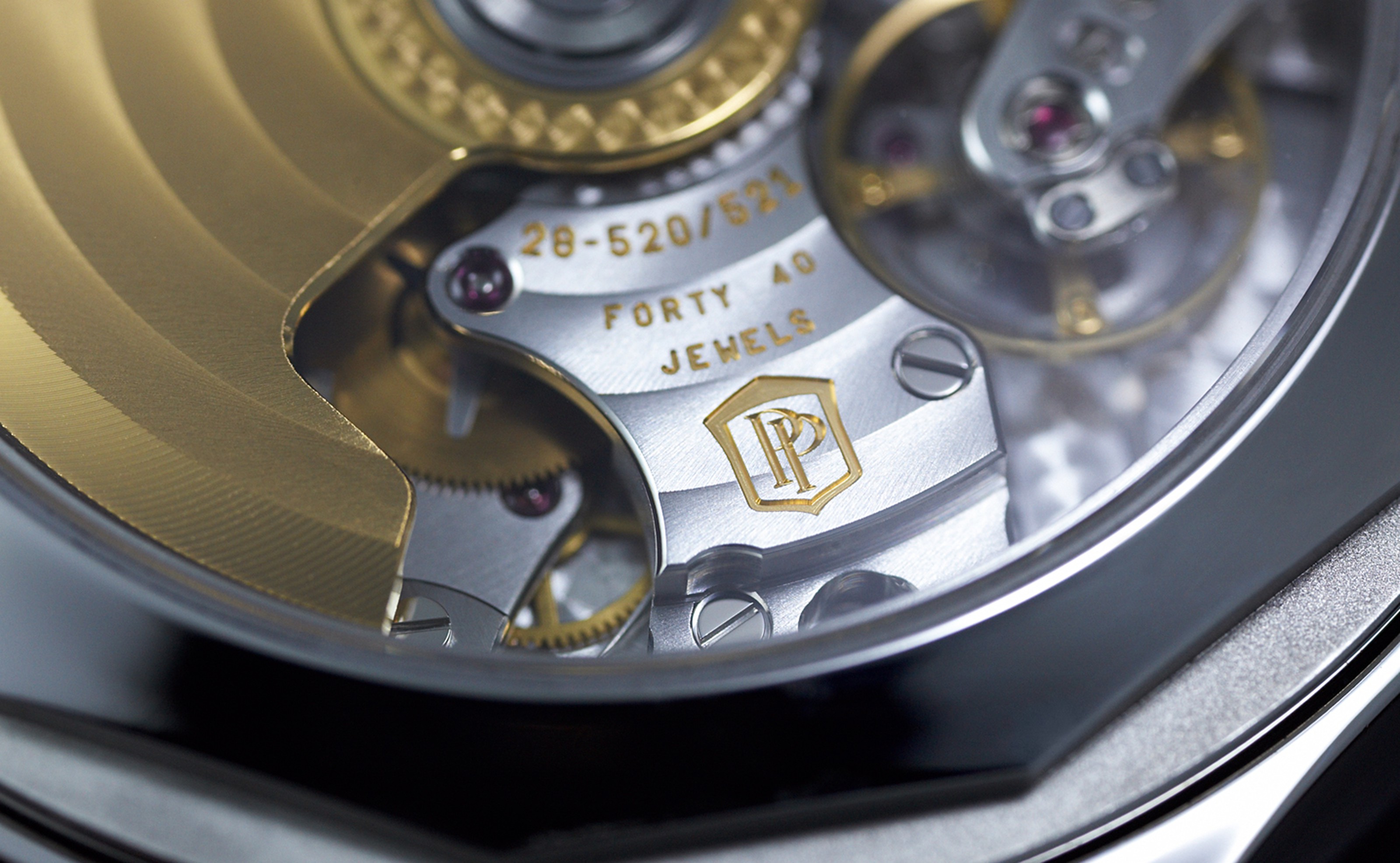Your favorite Swiss watch has started acting strange and no longer keeps time as accurately as before. This is its way of “signaling” that it’s time to take proper care of your accessory. And you know what matters most in repair or even preventive maintenance? The professionalism of the watchmaker — their knowledge and experience. Also, the reputation of the watch workshop you trust is crucial — make sure it has an impeccable standing in the market🧑🔧🏆
What does a watchmaker actually do, you ask? First of all, they disassemble the watch and perform a professional cleaning. Then, any broken or worn-out mechanisms and parts are replaced with new ones — these must be certified and made by the original manufacturer of the accessory. In addition, a skilled craftsman will test all other mechanisms and complications, and in the end, provide a warranty for all the work done🧼🔍📝
Symptoms of Watch Malfunctions ⚠️
They vary depending on whether your watch is mechanical or quartz. The main difference lies in how each mechanism works:
🌀 Mechanical watches are driven by a complex spring-based mechanism that is sensitive to external factors and therefore requires close attention and care;
🔋 Quartz watches rely on an electronic oscillator powered by a small battery, with frequency stabilized by the piezoelectric properties of a quartz crystal. These are more shock-resistant, yet can still malfunction.
The bottom line: even the most reliable mechanisms by the most renowned brands can fail — after all, a watch is an accessory exposed to daily stress.
Both mechanical and quartz watches are “capable” of signaling their poor condition:
🛠️ Mechanical watches:
losing or gaining time — this could indicate dirt inside the movement, wear of the mechanism, or the need for adjustment;
stopping randomly — potential problems with the mainspring, damage to it, or insufficient winding;
unusual sounds like grinding, knocking, or other unfamiliar noises — these could be signs of worn parts or heavy internal contamination;
the crown not turning or locking in place — possibly a sign of mechanism damage;
condensation under the crystal — this signals a loss of water resistance and requires immediate service. Ignoring it could lead to corrosion and total loss of the watch.
🔧 Quartz watches:
have stopped — often due to a depleted battery, but if replacement doesn’t help, the issue could be with the contacts or movement;
inaccurate timekeeping — this may indicate problems with the quartz crystal or electronic circuit;
ticking becomes irregular or hands freeze — this may be caused by a weak battery, internal contamination, or a damaged stepper motor;
non-functioning backlight or complications — typically a sign of electronic failure;
physical damage to the case or glass, which could affect the functionality and water resistance of the watch.
If you notice even one of these symptoms, don’t delay your visit to a workshop — and absolutely avoid trying to fix it yourself, as this could cause further damage. Instead, follow the advice of watch experts and professionals: premium Swiss watches should undergo preventive maintenance every 3–5 years to keep them in perfect condition. Also, keep in mind that not all malfunctions are visible, and modern diagnostic tools are often needed to detect issues. That’s why it’s vital to turn to a professional workshop where experienced watchmakers can restore your watch and prolong its life⏱️🏪🔧



